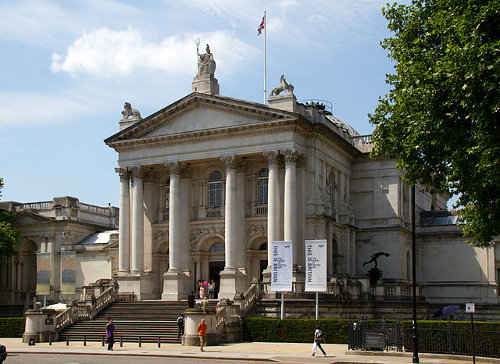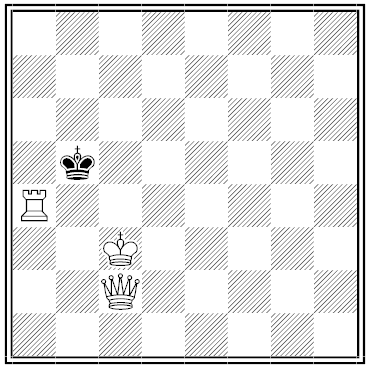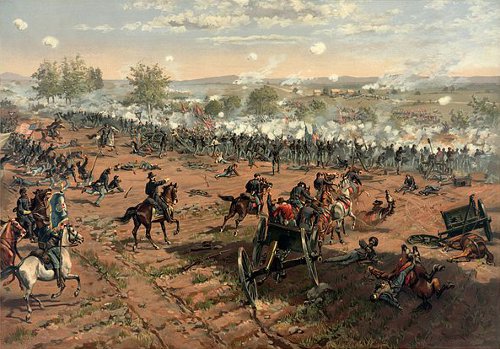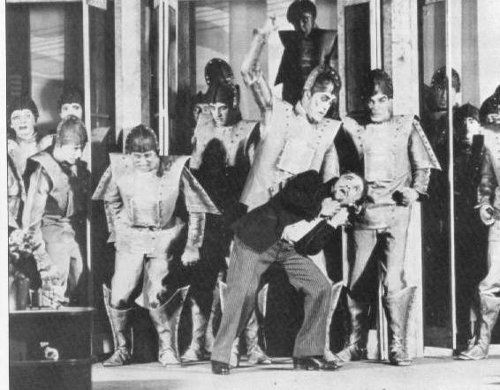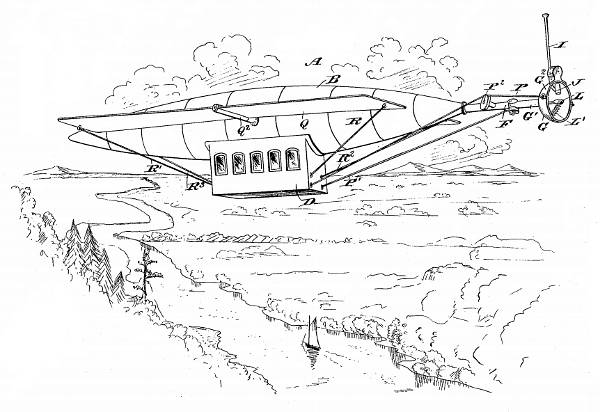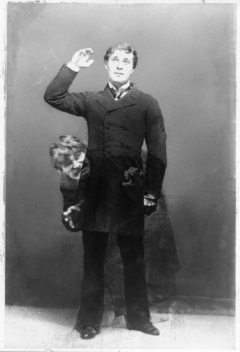
In October 1885 Robert Louis Stevenson’s wife woke him out of a troubled sleep, and he cried, “O, why did you wake me? I was dreaming such a fine bogey tale.”
“One man was being pressed into a cabinet, when he swallowed a drug and changed into another being,” he told an interviewer later. “I awoke and said at once that I had found the missing link for which I had been looking so long, and before I again went to sleep, almost every detail of the story, as it stands, was clear to me.”
He wrote out the tale in three days and presented it to his wife, who said he had overlooked the allegory at the heart of the idea. He grew angry, paced his room, and reappeared. “You are right,” he said. “I have absolutely missed the allegory, which after all is the whole point of it.” He threw the manuscript into the fire and spent another three days rewriting it. In all he wrote 64,000 words in six days.
As he crossed to the United States in September 1887, he had an early intimation of the book’s fame: The ill-tempered pilot of his boat had been nicknamed Hyde, and his better-natured partner was called Jekyll.
